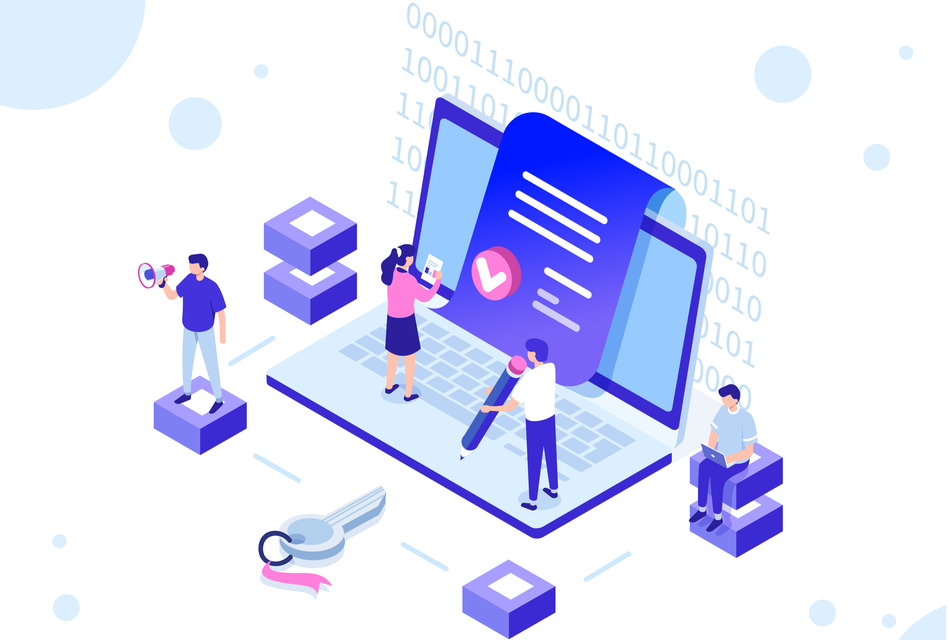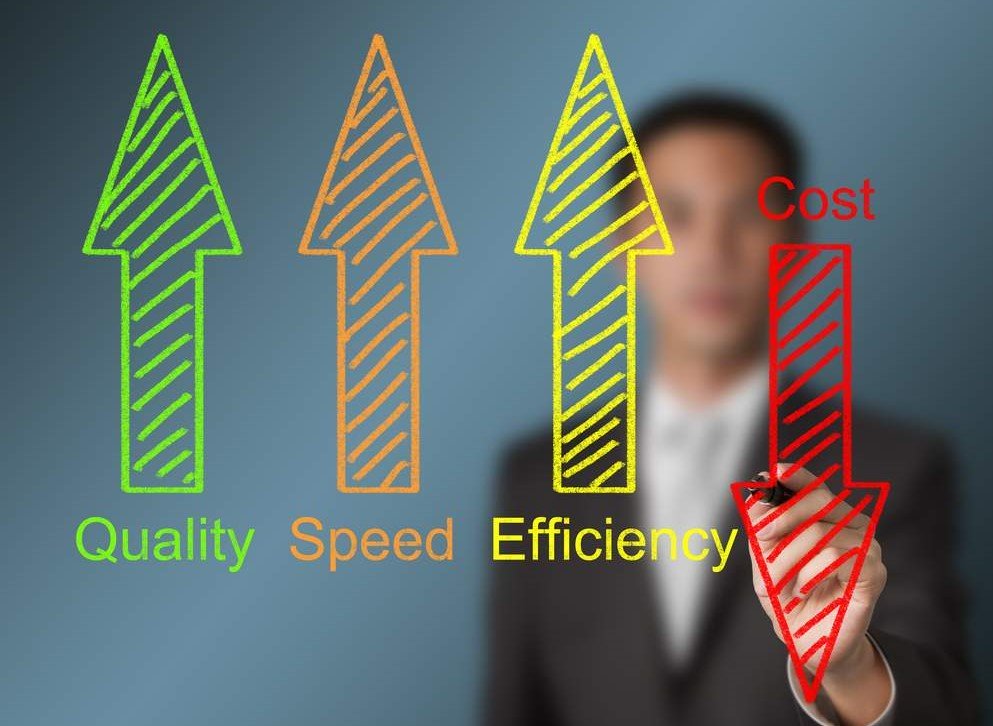By Elsa Ho
 This is a true story. During my time as an intern, I witnessed an exchange between a Senior Partner and the Head of IT. The Senior Partner demanded additional support because without his secretary, he couldn’t work with “the system”, which she had always printed for him to review and handwritten his responses. The year was 2014 and the system was Outlook.
This is a true story. During my time as an intern, I witnessed an exchange between a Senior Partner and the Head of IT. The Senior Partner demanded additional support because without his secretary, he couldn’t work with “the system”, which she had always printed for him to review and handwritten his responses. The year was 2014 and the system was Outlook.
Luckily, most of us are more adept to transitioning to “the system”, and just like Outlook has become part of our lives in the 2010s. Similarly, by the 2030s many legal tech programs will transition from cutting edge to become the new status quo. Are you going to be comfortable working with “the systems”? Is it more training in the system you need, or a change of mindset? See in my view, once your mindset changes, everything on the outside will change along with it. In the case of the Senior Partner, he had never accepted Outlook as part of his working tools and therefore he never sought to understand the reasons for its adoption. In return, instead of learning to use the tool, he avoided it like the plague.
To begin any changes, we need to change our mindset. The legal industry has been late to the tech game which means we need to leapfrog ahead to the point that our customers and clients are rapidly achieving. For example, this means that lawyers and their legal technology will be expected to integrate other departments’ tools and become part of a seamless process. These are high expectations to meet for tech newbies. In order to thrive in the coming decade, lawyers will need to focus carefully on non-traditional skills to get to the finishing line. Here is my list of skills, I think, lawyers should be equipped with (based on 10 years of project management experience) to quickly understand and implement “the system”, whatever that may be:
- Adaptability and planning skills will need to move out of the deal rooms and litigation war rooms and into the day-to-day operations and service delivery methods for lawyers;
- Collaboration will be required for the legal operations and processes to integrate with other key stakeholders. We need to be out of the legal ivory tower and join the crowd (their systems and developers). To that end, I find legal hackathons to be a great venue for legal students to change their mindset about technology, install innovative design skills and confidence as well as learning to appreciate and work with others in a non-legal role. It’s also a great opportunity for more seasoned professionals to practice project management and mentor/lead up and coming legal enthusiasts.
- Decisiveness in execution and deployment. Many leaders are concerned about making the wrong decisions, lawyers are risk averse and qualify everything(!), but the consequences of indecisiveness (simply not making progress for one) are much greater than occasionally making the wrong decision (e.g. picking a less than perfect tool). Strive for excellence not perfection.
| Related Content: Want to know how you can add more value in your work? Check out Creating Value in Law. Is It Time to Stop, Collaborate and Listen? |
We cannot accept something, we don’t understand. I was a part time law student, working full time as a project manager. With limited time on my hands, I deviated from the traditional method of reciting legal theories, precedents and statute references and focused on mapping out the entire process in a process map, then labelling my statute book according to the order the statutes occurred within the process. I begin with a granular understanding of the tasks involved in each process, i.e. the order and conditions of their occurrences. Then I assign value to each of these tasks and evaluate if they contribute to the ultimate goal (my passing of the exam). For example, you may be looking at improving efficiencies, so the value you are trying to create may come from removing duplicative stages from the process. In others, you may look to reassign tasks to improve quality and accountability. The bottom line is, you must have a thorough understanding of the tasks, stages and people involved before you can determine which changes will drive the goals you are hoping to realize. These processes might sound revolutionary to the average lawyer, but in project management this is normal. Imagine if a lawyer formally learnt these skills from the on-set of their career? I think it would revolutionize not only processes but also traditional legal practice.
We accept, we understand then we learn. Though, there are no requirements for us to become tech programmers1 to understand and adopt technology; we simply need more background knowledge on legal tech development. Legal tech is not something new, in fact it started as early as 19732 and yet the industry as a whole knows so little about its successes and failures, aspirations and future areas of development.
All in all, the season of change is finally upon us. To step up to the challenge, we will need to upscale our skillset in areas of people, process and technology. Universities in US3 and Europe4 have begun changes to their curriculum as early as 2012 and Asia has joined with the rise of the LITE Lab@HKU program at University of Hong Kong and the FLIP program from the Singapore Academy of Law. In Australia, The College of Law recently introduced its Master of Legal Business Course. As for current legal professionals, joining different courses and seminars on the skills discussed will provide use with the tools to move forward and manage “the systems”, all the while keeping pace with the ever-changing legal universe.
If you want to know more about innovative legal education opportunities in APAC or understand more about legal project management, please get in touch Elsa.ho@korumlegal.com.
1 Unless you are looking to build a tech tool, in which case you will require design thinking skills in addition.
2 Lexis first introduced a computerized terminal for case search instead of laboriously searching through books
3 Stanford Law school with Legal Design Lab, University of Miami Law School with the Laws Without Walls (LWOW) programme and Institute for the Future of Law (IFLIP).
4 IE Law School in Spain, Bucerius University in Germany

































 Titus Rahiri
Titus Rahiri







